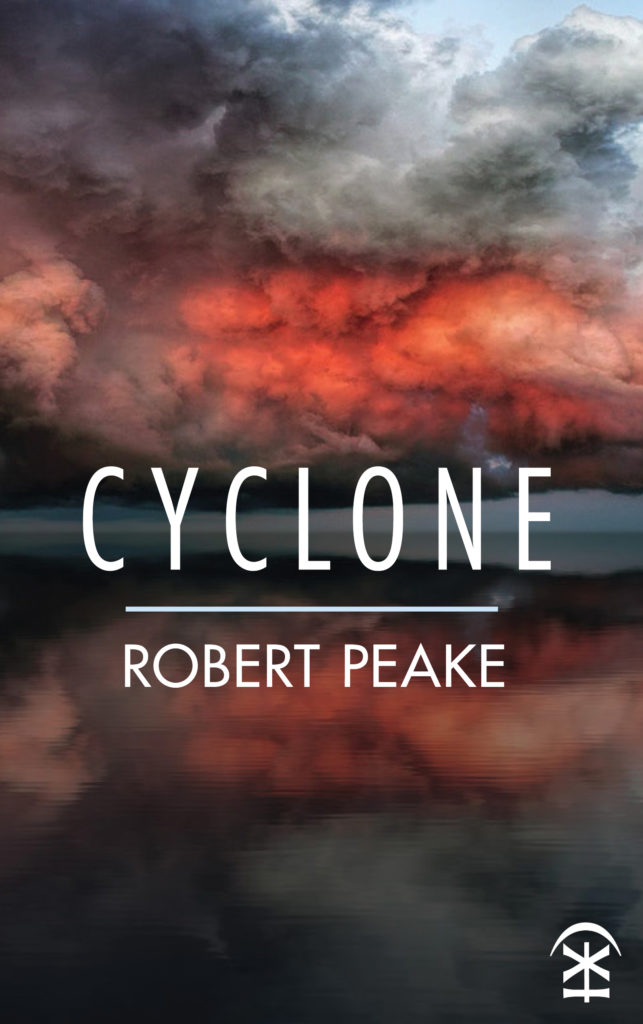I write and teach poetry.
“If I knew where poems came from, I’d go there.”
-Michael Langley
In my early twenties, I abandoned poetry in an effort to “put away childish things”. It only seemed appropriate in anticipation of becoming a parent. Yet it was soon after I became a father that the necessity of poetry came back to me—in the neonatal intensive care unit of our local hospital, holding my infant son in my arms for the very last time.
I was cast into a period of questioning—of my ambitions, my identity, and the nature of life itself. In poetry, I rediscovered a means to engage the complexity of human experience on its own terms—not as a reductive catchphrase, marketing slogan or political sound bite—but as an expansive and containing act of art.
[Excerpted from “Making Peace With Poetry” published in How to Be a Poet (Nine Arches Press, 2017)]
“The Silence Teacher [2011] is entirely remarkable for its dignity, its beauty, its many strengths of word and of witness. Robert Peake’s lines and images polish the hardest of grief-stones until it gleams, until it becomes almost bearable to hold. Here is poetry’s task and gift to us–untransformable loss made malleable and sustaining by the ways it is met, said, and seen.”
-Jane Hirshfield, Chancellor, Academy of American Poets
“The Knowledge [2015] is quirky, wide-ranging, luminous and completely enthralling. If there were an A – Z of all the places poetry should take us, this would be it.”
–John Glenday, Author of Grain (shortlisted, Griffin Prize)
“Cyclone [2018] takes the strengths of Robert Peake’s previous work – candour, intensity, a hard-won wit–and enters the storm … In such turbulent and shrill times, this is his most powerful work to date.”
-Michael Symmons Roberts, author of Drysalter (winner, Forward Prize)
